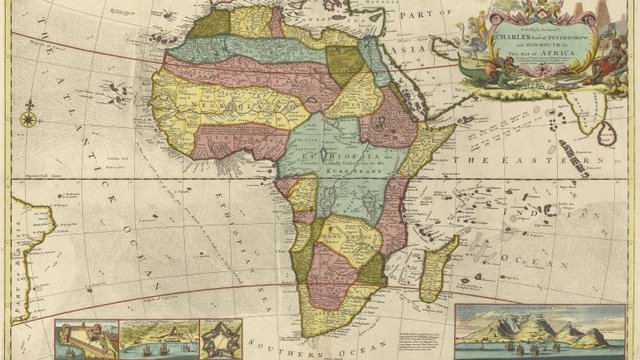
The Ghana empire, which existed from about 400-1200 AD, was one of the earliest major African kingdoms.
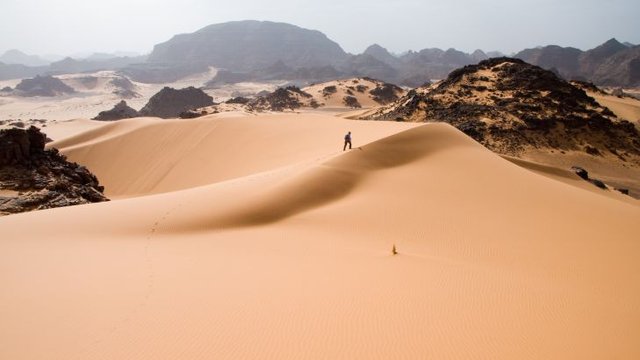
The empires of west Africa are known as the sahelian empires because of their location in the grasslands of Africa, known as the sahel. The Sahara desert in the northern portion of Africa is the desert that traders had to cross to encounter the west African empire traders.
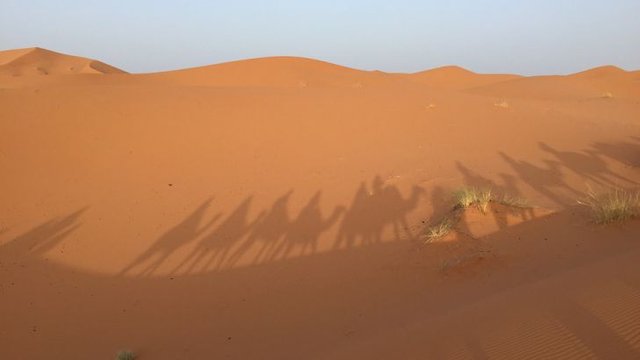
Camels are known for their ability to carry on without water, which made them indisepensibe for the desert travel that was required for trade.
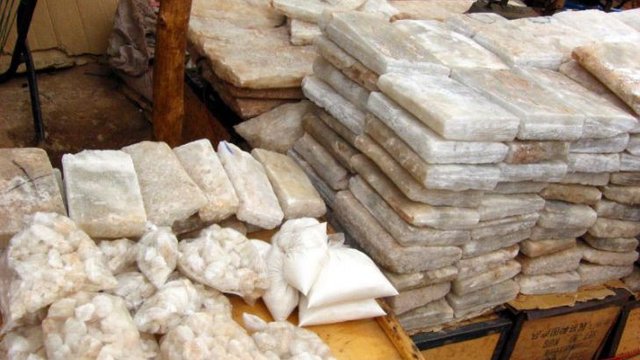
Ghana had huge quantities of gold that could be mined, and traded it for goods from the Middle East and Asia.
Gold was a majorly profitable commodity, along with salt. These things were traded for luxury goods from the Middle East and East Asia, such as spices and slaves. Salt is necessary for flavoring and preserving food as well as remaining hydrated.
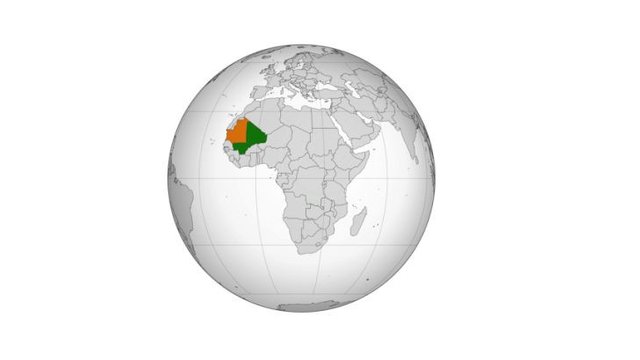
The Ghana empire's territory existed in what is today Mali and Mauritania.
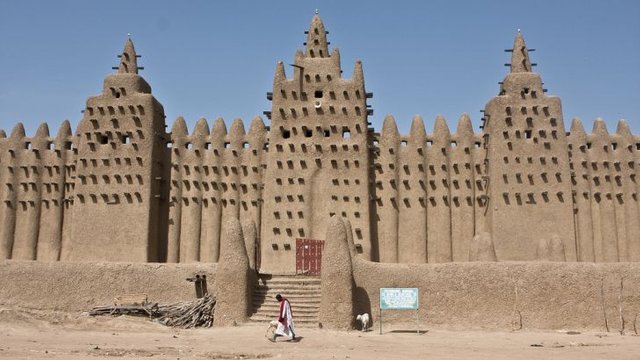
After its founding in the 7th century AD, Islam spread throughout the Middle East, Europe, and North Africa. Many of the people that Ghana traded with were Muslim, and the leaders of Ghana eventualy converted to Islam.
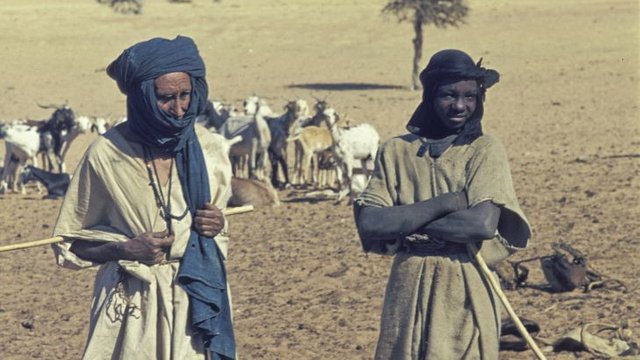
In the 1200s, Ghana began to decline in power due to invasions by surrounding peoples. As Ghana declined, the Mali empire incorporated the remnants of Ghana into its teritory.
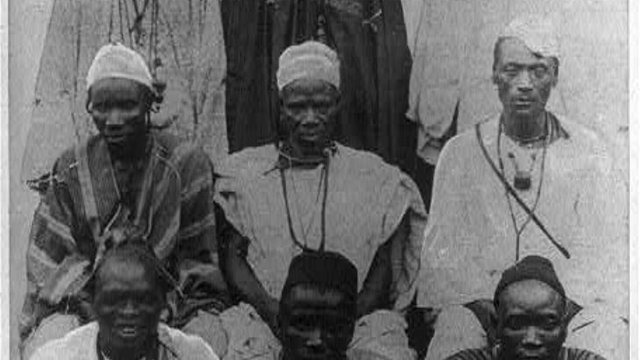
The Mandinka an ethnic group founded the Mali empire.
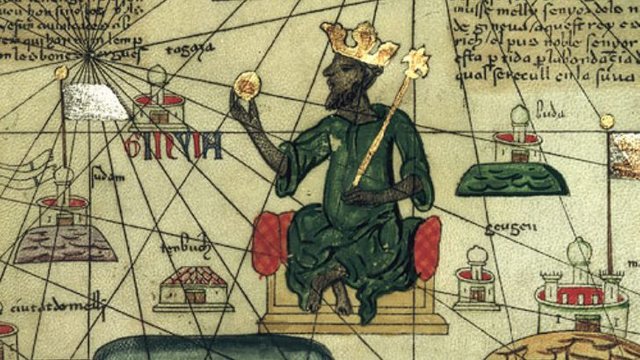
The Mandinka term "mansa" means the same as king or emperor.
(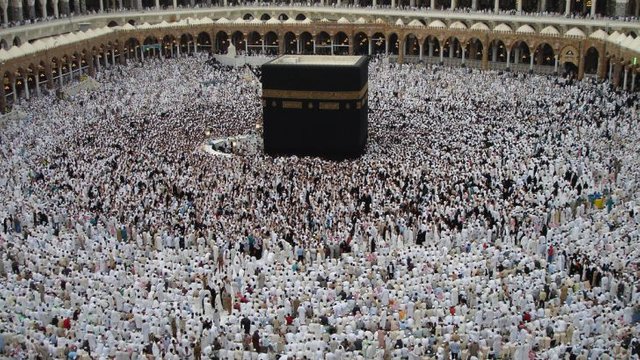 )
)
The most famous ruler of the Mali was Mansa Musa. His extravagant wealth and generosity became the stuff of legends. A Muslim, he made the pilgrimage to mecca from 1324 to 1326. Mansa Musa made the pilgrimage to Mecca, known as the hajj. Along the way, he became legendary for the amount of gold he brought with him, and the way he lavished his riches on the people he encountered.
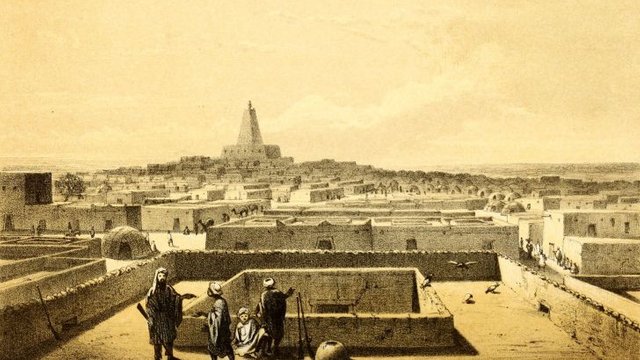
Timbuktu was the capital of Mali and was a major center of Islamic learning, and drew the finest scholars in the Muslim world.

Timbuktu became a major center of Islamic learning. Muhammad was the founder of Islam? The prophet Muhammad, who lived from roughly 570 to 632 AD, was the founder of Islam.
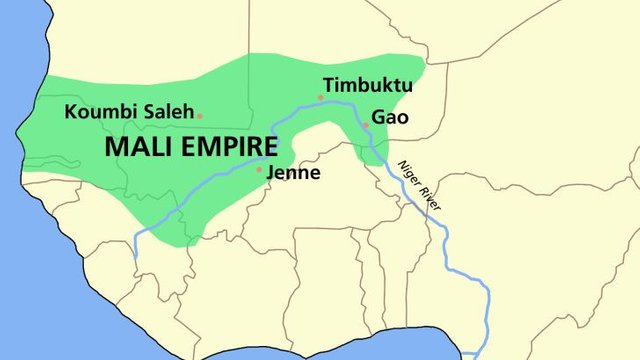
In addition to the gold and salt that the Ghana had traded, what other trade did the Mali benefit from Copper. Copper could be used to make weapons, or to trade for gold.
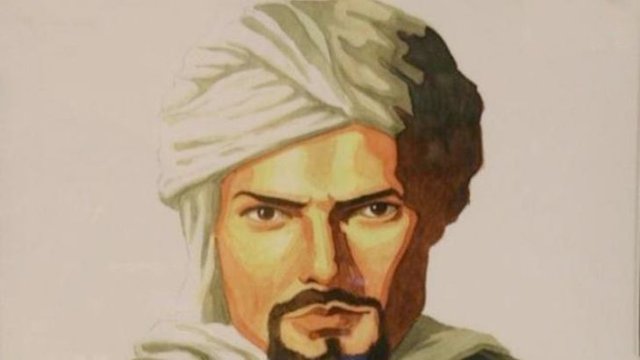
Historians don't know much about these societies, and have to rely on the accounts of travelers at the time. What is the name of one of the most famous of these travelers was Ibn Battuta. Who was an Islamic traveler and explorer, who especially wrote about Mansa Musa's largesse.
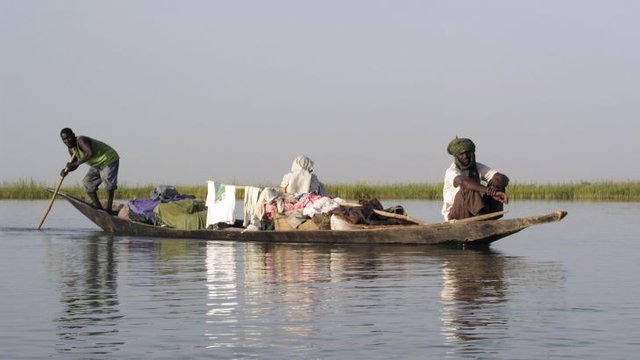
When the Mali empire declined, the Songhai empire took over the salt and gold trades in Africa. What river were the Ghana, Mali, and Songhai empires centered around Niger River.. The west African kingdoms were built around and reliant on the Niger River.
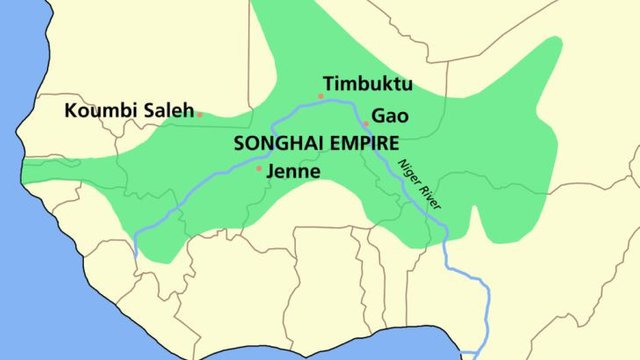
The major occupations for commoners in the Songhai empire were metalworkers, fishermen, and carpenters.
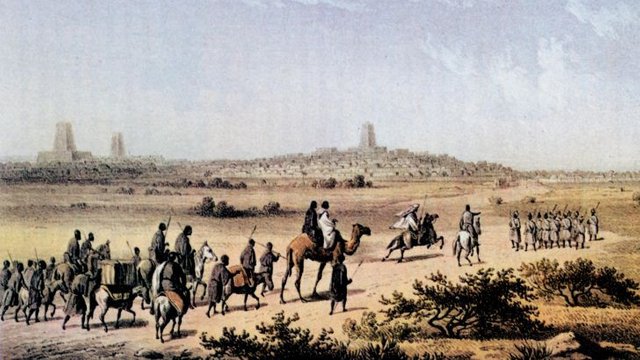
Sunni Ali reigned from about 1464 to 1492. His rule saw the conquering of new territory.
Continue
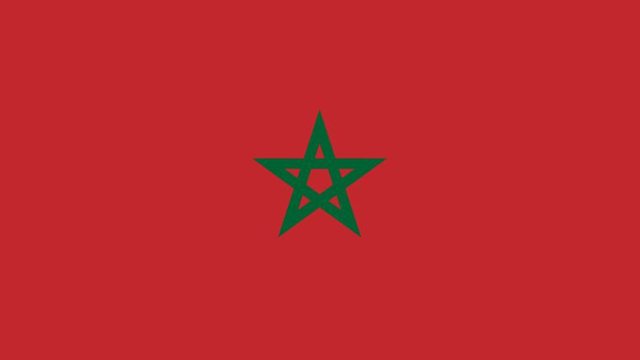
Judar Pasha, leader of the Moroccans who were threatened by European Christians, pushed south to maintian power.
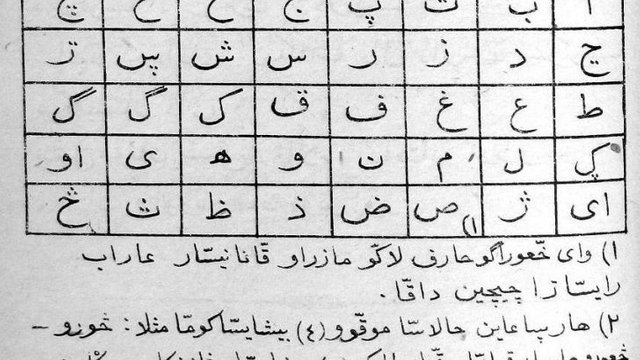
Many English words, especially words for food, derive from Arabic roots, such as sugar and tangerine.
Source: @quizgriz
To the question in your title, my Magic 8-Ball says:
Hi! I'm a bot, and this answer was posted automatically. Check this post out for more information.
Downvoting a post can decrease pending rewards and make it less visible. Common reasons:
Submit
Hi! I am a robot. I just upvoted you! I found similar content that readers might be interested in:
https://grizly.com/quizzes/do-you-know-the-history-of-west-africa/
Downvoting a post can decrease pending rewards and make it less visible. Common reasons:
Submit